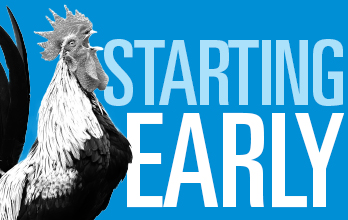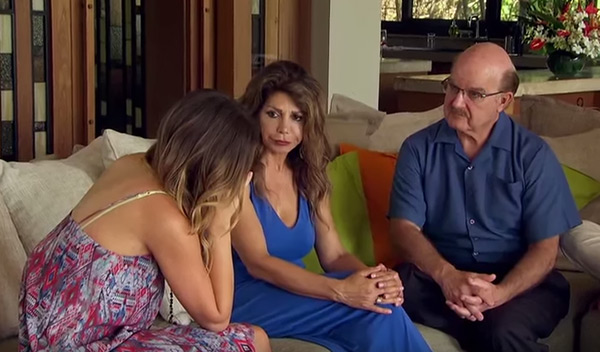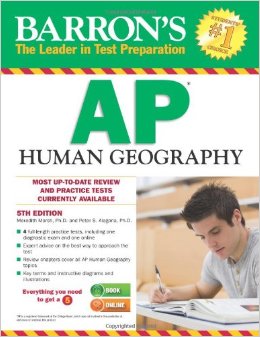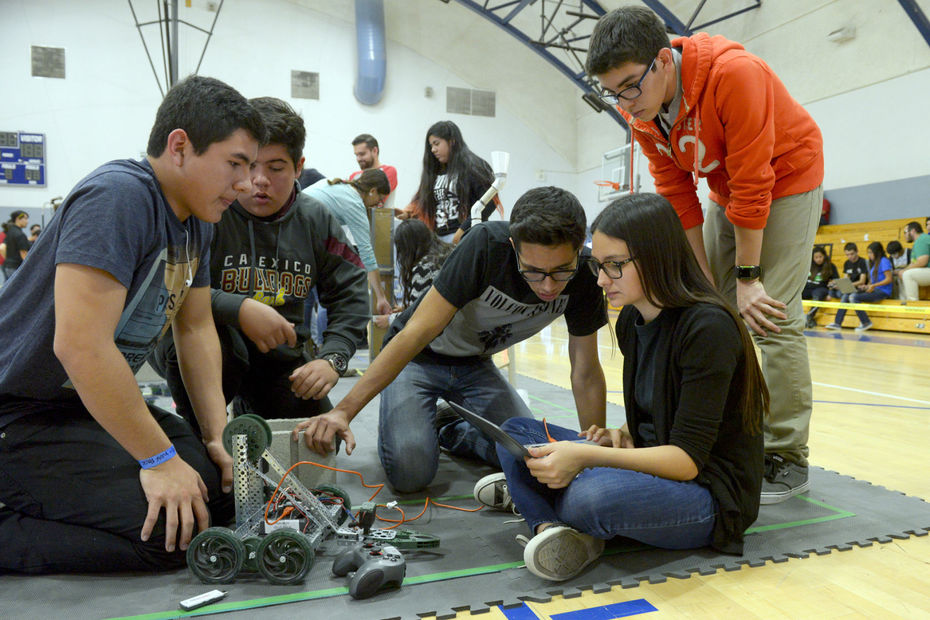How to Handle the Stress of College Applications
/As much as it is daunting to begin college applications, it is exciting. College is your next big step in life. The time you spend in college results in lifelong friends, treasured memories, and experiences that will last a life time.
As it is nearing college application deadlines for the 2017 fall semester, most seniors (like myself) are fearing these deadlines. Although college applications can be overwhelming there are many ways for you to ease the stress for yourself.
Start Early
I sound like a broken record saying this, don't I? I know you have heard it over and over again but I am only repeating this ear bleeding phrase because it is wise, very wise. The earlier you start all of the applications the less daunting the deadlines will become.
For most of us the essays are the most intimidating, but the best advice I will give to you is to just write. Don't think about it, just write. Don’t vacillate over topics, word choice etc. just start writing about the first idea/topic that comes to mind that best fits the prompt you are asked to answer. Once you have finished writing, simply put it away and don't look at your essay for at least a day.
Allowing yourself to freely write will not only help put your mind at ease that you have at least started or attempted your essays, but also break the ice and the potential writers block that you may have had.
Also, putting your essay away for at least a day will give yourself a fresh brain to revise the essay and formulate clear thoughts about your writing. At this time you can ask yourself if the topic you wrote about best answered the prompt, if the structure contributed well to the message you are trying to convey, or does the word choice match the style you want to portray.
Starting the applications early and completing them little by little (remember baby steps) will help the process along and the deadlines, like I said, wont seem as daunting. Dedicating time each day or every other day for about 30 minutes to an hour on college applications will also move the process along nicely.
Planning
Another key detail to relieving the stress of college applications is to plan. Get out your planner or print a monthly calendar off the internet and write in all of your deadlines. ALL OF THEM. Plan out deadlines for yourself to complete rough and final drafts of your essays, teacher visits to revise your essays, and plan the days where you need to remind your teachers about the recommendation letter you asked them to write for you. Planning everything out AND sticking to it will help relieve your stress tremendously.
Realize
Lastly and maybe most importantly you need to realize a few things.The college application process is rigorous, time consuming, and stressful to say the least. While it may be all of the above, it is not the end all be all.
With that being said, if you feel insecure about certain aspects of your application know that someone else is also just as insecure about certain parts of their application. Even the senior with what you may see as a perfect resume has insecurities too. You are not alone in this process. I am a senior this year, just like several other thousands of students and I am insecure about certain pieces of my application, but I do believe that everything happens for a reason.
As you begin your college applications show yourself off, brag about everything you have accomplished and show the college admissions who you are and why you deserve to attend their university. Start early ( I’m definitely sounding like a broken record), have parents and teachers revise your essays so you are able to put your best foot forward.
Maybe, at the end of the day you don’t end up at Yale even with the countless hours spent at the Humane Society or sleepless nights studying throughout your high school career, but know that wherever you end up it will be the perfect place for you.
As my parents have always said, let the chips fall where they may.
I wish you all (almost) stress-free applications!

































